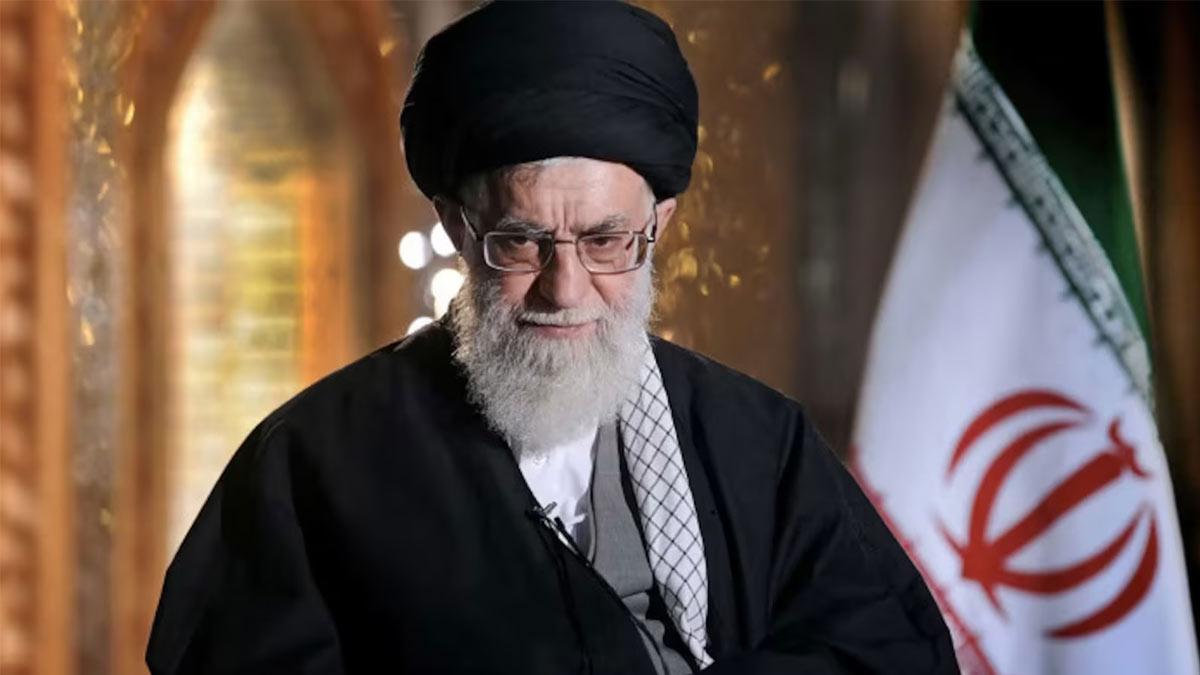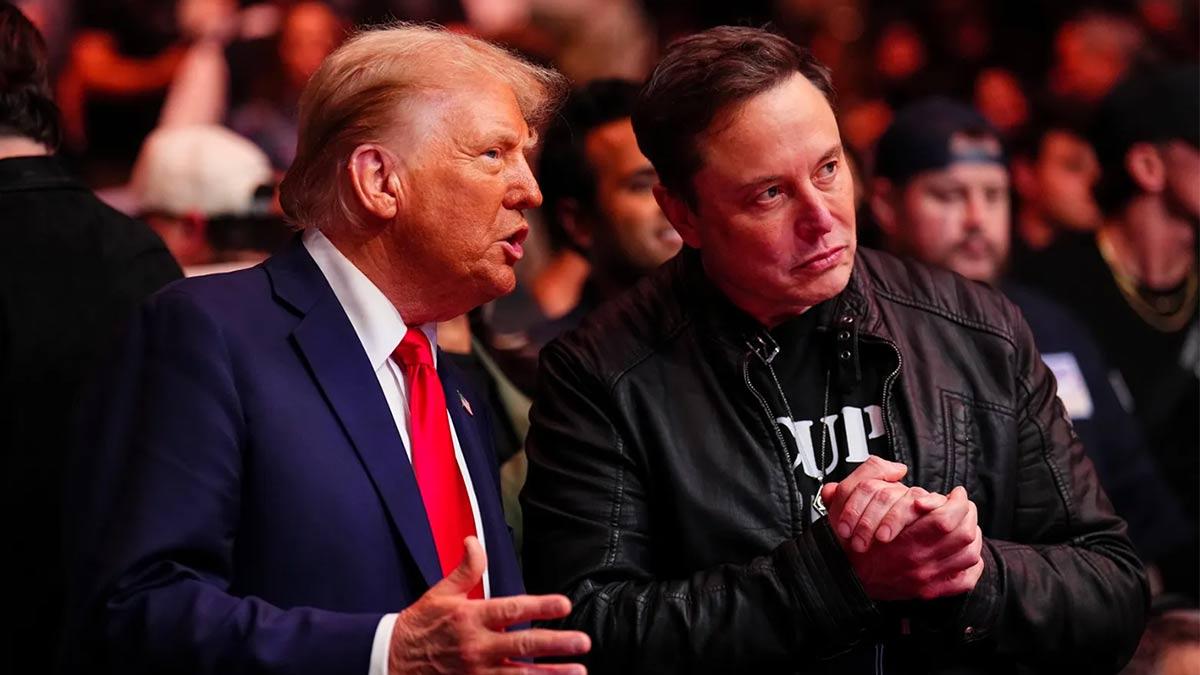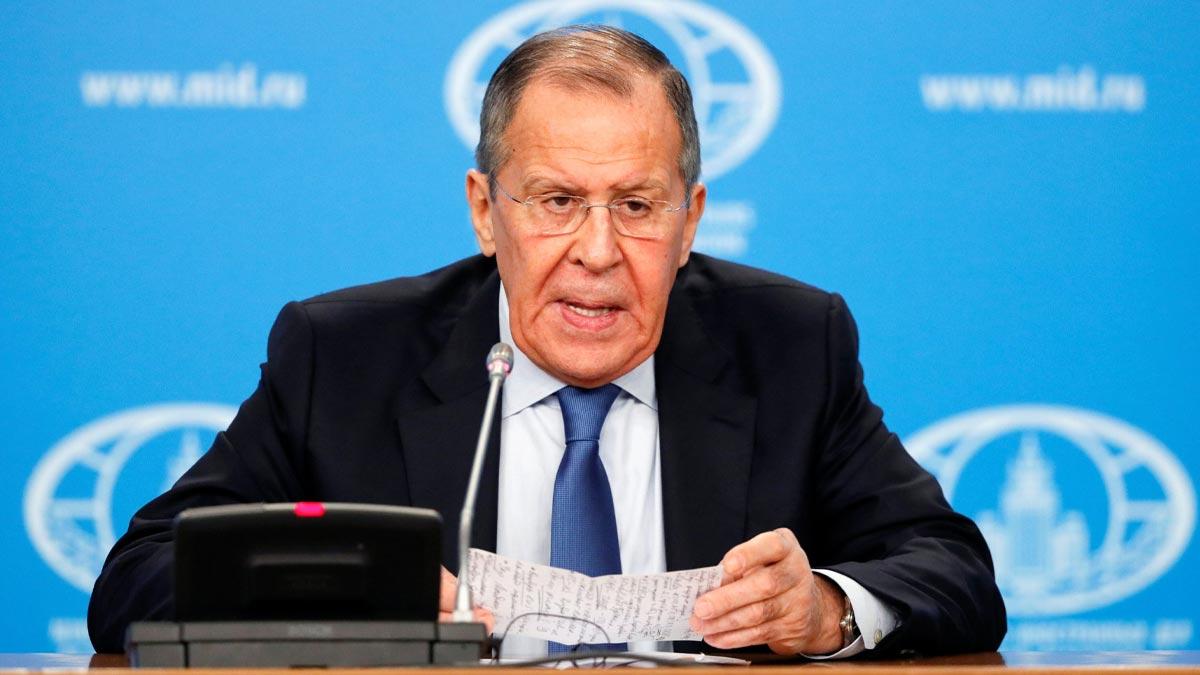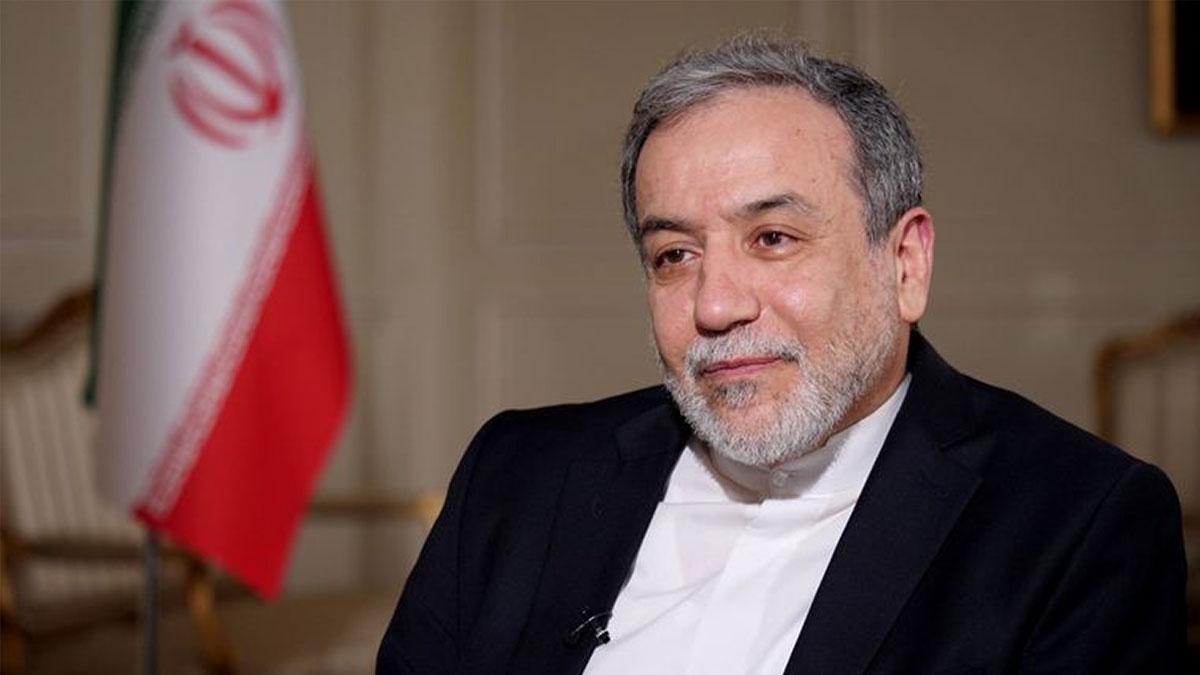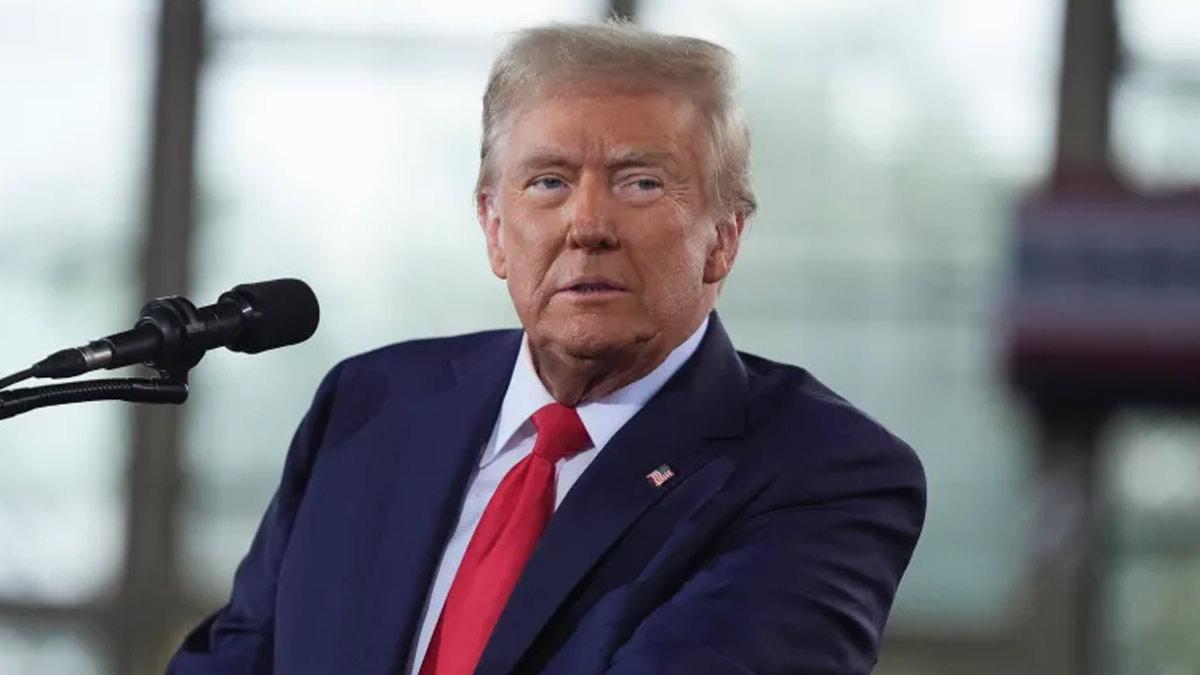The UN's nuclear watchdog, the International Atomic Energy Agency (IAEA), has warned that Iran still has the capability to restore its enriched uranium production within a relatively short period, even after several of Iran's nuclear sites were hit by coordinated American and Israeli military strikes.
On Saturday, IAEA Director General Rafael Grossi stressed that while the facilities targeted were damaged, the core nuclear infrastructure of the country is still in place. "They can go back to their former capabilities in a few months," Grossi said.
Middle East tensions have escalated in recent weeks after Israel launched Operation Rising Lion on June 13, attacking Iranian military and nuclear facilities. Israel claimed the operation was aimed at preventing Tehran's alleged development of a nuclear weapon program—something Iran has repeatedly denied.
The United States followed soon after launching an attack on three key facilities associated with Iran's nuclear agenda. Former US President Donald Trump stated the facilities were "obliterated" and claimed the strikes had pushed back Iran's nuclear plans by "decades."
Iranian Foreign Minister Abbas Araghchi confirmed the extent of the attacks, terming destruction to its nuclear facilities "serious," though he conceded particular details were not clear.
In an interview with CBS News, Grossi made it clear that "some" aspects of Iran's nuclear program are "still standing."
"They can have, you know, within a matter of months, I would say, a few cascades of centrifuges spinning and producing enriched uranium, or less than that," he said.
Grossi continued to say that Iran formerly had a massive nuclear program, and although some of that was reportedly destroyed, "the knowledge is there. The industrial capacity is there. Iran is a very sophisticated country in terms of nuclear technology, as is obvious."
Another urgent question is whether Iran was able to transfer any portion of its 408.6-kilogram (roughly 900 pounds) highly enriched uranium stockpile before the attacks. Enriched to 60 percent purity—higher than civilian levels but lower than weapons-grade—the material could potentially produce more than nine nuclear warheads' worth of fuel if further enriched.
Grossi conceded to CBS: "We don't know where this material could be."
“So some could have been destroyed as part of the attack, but some could have been moved. So there has to be at some point a clarification,” he added.
In response to the raids and ongoing tensions, Iran's parliament has voted to cut cooperation with the IAEA. Additionally, Grossi’s request to inspect the damaged sites, including the crucial Fordo enrichment facility, was declined.
"We have to be able to determine, to validate what is there, and where is it and what occurred," Grossi added.
Trump's Threats of Force Revived
Ex-US President Trump rekindled tensions with Iran on Friday, denouncing Supreme Leader Ali Khamenei while announcing that he had suspended plans to remove US sanctions from Tehran. Trump also indicated the possibility of future military interventions if Iran progresses uranium enrichment to hazardous levels.
His words came after statements by Khamenei, who said Iran had "slapped America in the face" when it launched a retaliatory attack on a US base in Qatar after American and Israeli bombing raids. Khamenei said Iran would not stand down.
Trump revealed he had deliberately avoided attacking Khamenei, even though he had allegedly known of his whereabouts. Reports had also indicated that Trump had vetoed an Israeli plan to kill the Iranian leader.
His Country was destroyed, his three sinful Nuclear Facilities were DESTROYED, and I knew PRECISELY where he was hiding, and would not allow Israel, or the U.S. Military, by far the Largest and Most Powerful in the World, end his life," Trump posted on social media.
"I SAVED HIM FROM A VERY UGLY AND DISGRACEFUL DEATH," he continued.
Iran, meanwhile, insisted that any nuclear deal would rest on the United States taking the more respectful approach towards its leadership.
"If President Trump is serious about making a deal, he must set aside the disrespectful and unacceptable rhetoric with regard to Iran's Supreme Leader, Grand Ayatollah Khamenei, and cease injuring his millions of sincere followers," the Iranian foreign minister wrote on X on Saturday morning.
Trump also said he had been considering the rollback of sanctions to help Iran recover but had now decided to drop those plans.
At a White House news briefing, Trump was asked if he could see himself taking additional military action against Iran again in the future. His answer was of the kind that left no doubt.
"Sure, without question, absolutely," he replied.
Read also| Watch| Jeff Bezos Marries Lauren Sanchez: First Photo of the Newlyweds Revealed

